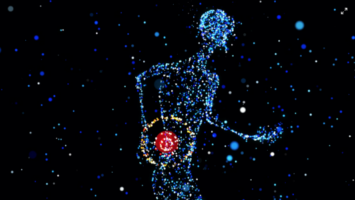
If you hold your hand close to a fire, the heat causes you to pull your hand away, to avoid the painful experience. This simplistic view of pain and our response to pain, as being a purely physical response and experience was thought to be an accurate representation. However, we now know that a great deal of pain can be purely psychological, and that people with chronic pain even after surgery and who present with no symptoms, can still feel pain which causes a great deal of discomfort and distress. Therefore, there is still a significant lack of knowledge with regards to understanding pain conceptually, and how best to manage it practically.
Reflecting this, the basis of the Pain Research Group at Reading is to take a two-pronged approach with understanding pain. Firstly, we implement novel research strategies to understand the theoretical and psychological basis of pain. This is achieved both by running practical lab-based experiments in the PainLab, as well as applying painful stimuli whilst participants are being scanned in the MR scanner, to understand the neural components. Secondly, we aim to translate our scientific knowledge practically, by consulting and implementing novel therapies and interventions, in order to treat patients suffering from pain-based illnesses. To do this, the Pain Research Group has strong clinical ties to the Royal Berkshire Hospital, and runs a number of clinical studies testing these solutions.


